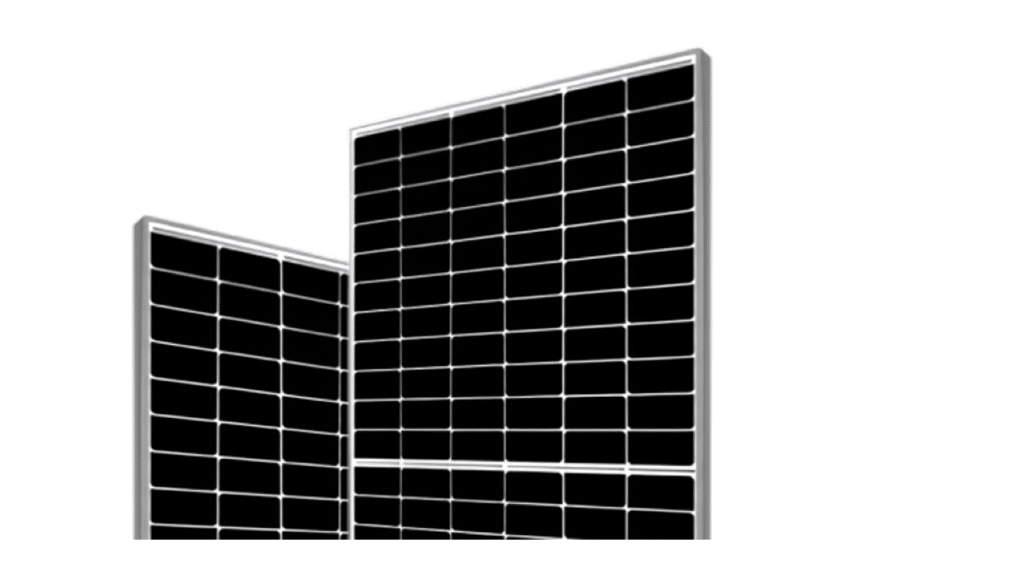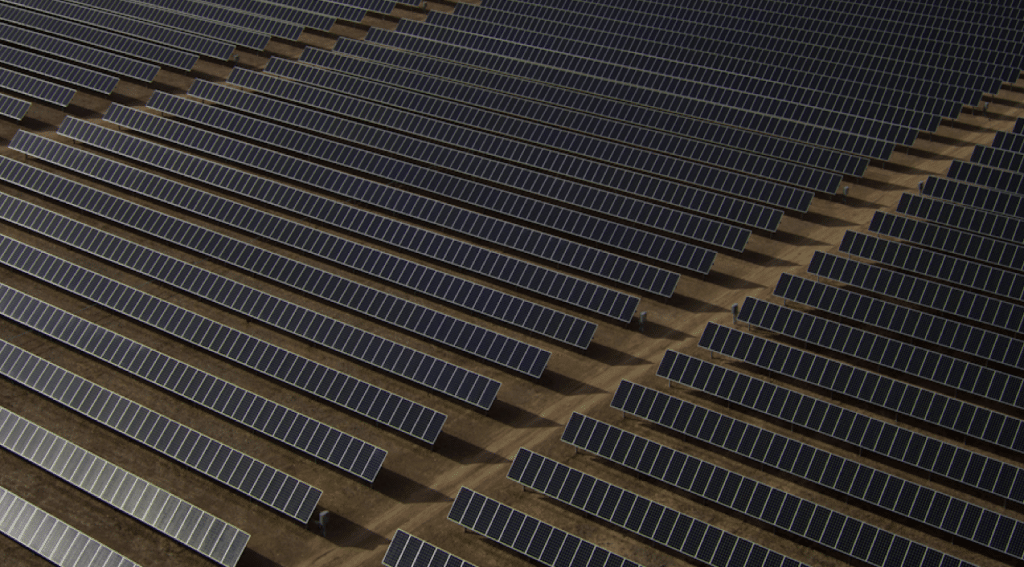The solar energy market is one of the most heating-up industries in the 21st century. Numerous enterprises are joining the competition, spurring significant innovations. One of the most notable advancements is the development of PERC solar panels. As these technologies become more sophisticated, maintaining solar panels effectively has become increasingly crucial. That’s because it ensures they operate at peak efficiency, maximizing energy production and extending their lifespan. Neglecting regular upkeep can lead to decreased performance and render potential damage, which can be costly to repair.
So, this article will delve into the essential aspects of maintaining PERC solar panels. We will explore what PERC solar panels are, the conditions that can lead to their damage, and practical tips for their upkeep. By the end of this guide, you will have a comprehensive understanding of how to maintain PERC solar panels effectively.
PERC Solar Panels: What is It?
Understanding what PERC solar panels are and their benefits sets the stage for why maintaining them is so important. PERC (Passivated Emitter and Rear Cell) is a technological advancement used in modern solar panels to enhance their efficiency. PERC solar panels differ from traditional solar panels by having an additional layer on the back of the solar cells. It can reflect unabsorbed light into the cell, giving it more chances to be converted into electricity.
This innovative design allows PERC solar panels to achieve higher efficiency rates compared to conventional panels. By improving light absorption and reducing electron recombination, these panels generate more electricity from the same amount of sunlight.
As a result, PERC solar panels are often considered among the best solar panels in the market. Leading photovoltaic manufacturers have been increasingly adopting PERC technology due to its superior performance and cost-effectiveness.
Circumstances that Could Cause Damage to PERC Modules
PERC solar panels, despite their advanced technology and enhanced efficiency, are not immune to damage. Various environmental and operational factors can compromise their performance and longevity.
- Environmental Factors
One of the most common causes of damage to PERC modules is exposure to harsh weather conditions. Heavy snowfall, extreme temperatures, and strong winds can exert significant stress on the panels. For instance, wind load and snow load can physically damage the panels if they are not correctly installed or maintained.
- Debris and Dirt Accumulation
Dust, leaves, bird droppings, and other dirt and debris would accumulate on the surface of the PV solar panels, blocking sunlight so as to reduce their efficiency. Regular cleaning is vital to prevent such buildup, which can cause permanent damage over time.
- Electrical Issues
Faulty wiring, poor connections, and electrical surges can lead to power losses or even damage the solar cells. Proper installation and regular inspections can help identify and mitigate these risks.
- Potential Induced Degradation (PID)
Although PERC panels have excellent Anti-PID performance, this phenomenon can still occur under certain conditions, leading to a significant drop in energy output. Ensuring that panels are made with high-quality materials and are correctly installed can minimize the risk of PID
- Corrosive Environments
High salt mist and ammonia levels, particularly in coastal or agricultural areas, can cause corrosion. PERC solar panels are designed to withstand such environments, but additional protective measures and regular maintenance are recommended to prolong their lifespan
Understanding these potential damage causes highlights the importance of maintaining PERC solar panels regularly. Regular maintenance helps in the early prevention of these issues, ensuring that the panels continue to perform at their best.
Tips to Maintain PERC Solar Panels
Maintaining PERC solar panels is essential for ensuring their optimal performance and longevity. Here are some practical tips to help keep your panels in top condition:
- Regular Cleaning
Dirt and debris on the surface of the panels would lower the efficiency of the operation of PV solar panels. Cleaning the panels every few months. You can use a soft brush or cloth and mild, soapy water, which can help maintain their performance. Avoid using abrasive and harsh materials or chemicals that could damage the panels.
- Periodic Inspections
Conduct regular inspections to check for any signs of breaks, such as cracks or scratches. Also, inspect the wiring connections to ensure they are secure and free from corrosion. Again, early detection can prevent more significant problems and costly repairs.
- Monitor Performance
Pay more attention to the energy output of your PERC solar panels. Significant drops in performance could indicate a problem that needs attention. Many modern PV solar systems come with monitoring software that provides real-time data on the panels’ efficiency and alerts you to potential issues.
- Trim Nearby Vegetation
Overgrown trees and bushes can cast shadows on your solar panels, reducing their exposure to sunlight. Regularly trim any vegetation that could obstruct the panels and limit their energy production.
- Protect Against Environmental Factors
While PERC solar panels are designed to withstand harsh conditions, additional protective measures can help. For instance, installing windbreaks can reduce the impact of strong winds, and using protective coatings can minimize the effects of salt mist and ammonia in corrosive environments.
- Hire Professional Maintenance Services
For more complex maintenance tasks, such as electrical inspections or dealing with potential induced degradation (PID), consider hiring professional services. Some photovoltaic manufacturers can offer maintenance packages that include comprehensive checks and repairs to ensure your panels are functioning optimally.
By following these maintenance tips, your PERC solar panels could remain in excellent condition, maximizing their efficiency and lifespan.

Introduction to Elite Solar’s 182-60 Type
Elite Solar’s 182-60 Type panels stand out in the market by their innovative features and high performance. These panels incorporate bifacial technology, which gains additional energy conversion from the rear side of the panel. This design significantly boosts overall energy output, making it one of the best solar panels in the market.
Besides, the 182-60 Type panels have excellent Anti-PID (Potential Induced Degradation) performance. This ensures that the panels maintain their efficiency and energy output over time, reducing the risk of performance degradation due to environmental factors.
Additionally, these panels manufactured by Elite Solar exhibit high resistance to salt mist and ammonia, making them ideal for installation in coastal and agricultural areas. And it is also applicable to stand in extreme environmental conditions for resisting wind loads of up to 2400 Pascal and snow loads of up to 5400 Pascal, remaining functional and efficient, regardless of the installation location. Also, its robust build ensures the panels remain durable and reliable even in the harshest climates.
Conclusion
Maintaining PERC solar panels is crucial for ensuring their long-term efficiency and performance. With proper practices, including regular cleaning, periodic inspections, performance monitoring, and protection against environmental factors, these PV modules can significantly enhance the lifespan and output of these panels.
Elite Solar’s 182-60 Type panels exemplify the cutting-edge advancements in solar technology that make maintenance tasks easier, embodying bifacial module nature and robust quality to be applied in corrosive environments and extreme weather. By choosing Elite Solar’s 182-60 Type panels, you are investing in a product backed by innovation and quality.
And Elite Solar has extensive experience in manufacturing high-performance solar panels, ensuring that you can receive the best solar panels in the market that meet the highest standards of efficiency and durability. If you are interested, please visit Elite Solar’s official website to get more information and contact them!
